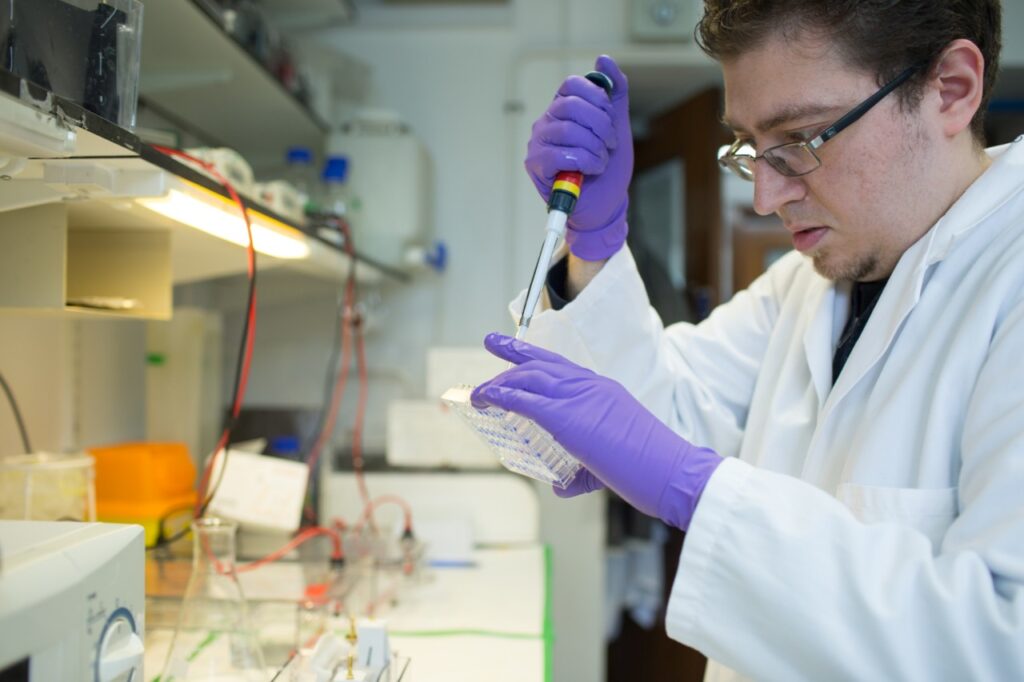
Preimplantation Genetic Screening (PGS) and Preimplantation Genetic Testing (PGT) are advanced reproductive technologies used during in vitro fertilization (IVF). PGS assesses embryos for chromosomal abnormalities, aiding in the selection of genetically normal embryos for transfer. PGT extends this by screening for specific genetic conditions, allowing parents to avoid passing on inheritable diseases. Both techniques involve biopsy of cells from embryos, genetic analysis, and selection of healthy embryos before implantation. PGS and PGT significantly enhance the success rates of IVF, minimizing the risk of miscarriages and increasing the likelihood of a healthy pregnancy, providing invaluable options for families facing genetic challenges.
Symtoms
PGS (Preimplantation Genetic Screening) and PGT (Preimplantation Genetic Testing) themselves do not cause symptoms. They are advanced reproductive technologies used during in vitro fertilization (IVF) to screen embryos for chromosomal abnormalities or specific genetic conditions. Any symptoms experienced are typically associated with standard IVF procedures rather than PGS and PGT themselves.
Causes
“PGS (Preimplantation Genetic Screening) and PGT (Preimplantation Genetic Testing)” are not associated with specific causes. They are deliberate and advanced techniques used during in vitro fertilization (IVF) to assess embryos for chromosomal abnormalities or specific genetic conditions, providing valuable information for embryo selection and improving the chances of a successful pregnancy.
Rehabilitation
“PGS (Preimplantation Genetic Screening) and PGT (Preimplantation Genetic Testing)” do not typically require rehabilitation. After the biopsy and genetic testing of embryos during in vitro fertilization (IVF), individuals can generally resume normal activities. The focus is on selecting healthy embryos for transfer, enhancing the chances of a successful pregnancy.
PGS & PGT F&Q
PGS and PGT are advanced reproductive technologies used during in vitro fertilization (IVF) to screen embryos for chromosomal abnormalities (PGS) or specific genetic conditions (PGT) before implantation.
PGS and PGT are performed to enhance IVF success by selecting embryos without chromosomal abnormalities or specific genetic conditions, minimizing the risk of miscarriages and increasing the likelihood of a healthy pregnancy.
No, PGS and PGT themselves do not cause symptoms. Any symptoms experienced are typically related to standard IVF procedures.
The purpose is to identify genetically normal embryos, improving the selection process for transfer during IVF and reducing the risk of genetic disorders.
PGS and PGT are planned techniques in IVF, performed to assess embryos for chromosomal abnormalities or specific genetic conditions, providing crucial information for embryo selection.
No specific rehabilitation is typically required. After the biopsy and testing, individuals can resume normal activities. The focus is on selecting healthy embryos to enhance the chances of a successful pregnancy during IVF.